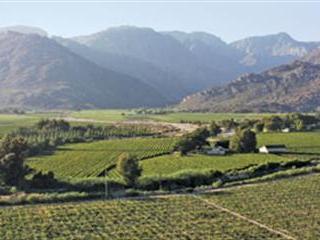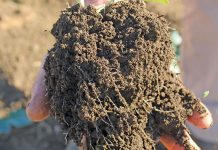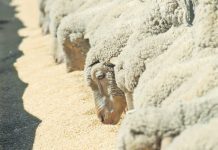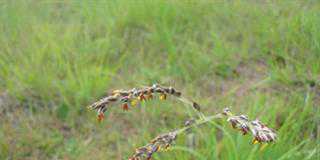
Table grape exports to the US have dwindled considerably over the past three to four years due to increasingly severe phytosanitary requirements applied by US authorities. This followed a high rejection rate of pre-clearance inspections. Now, however, this is set to change. In 2006, the US Department of Agriculture (USDA) approved gamma irradiation as a new phytosanitary mitigation treatment. This sterilises a wide range of insects using small doses of radiation that do not affect the fruit.
A protocol for the treatment of table grapes was developed by a fruit irradiation action team drawn from members of SATGI, Hortgro, Experico and Hepro Cape. The team conducted trials over several years and established criteria for the packing, transport, irradiation, storage and dispatch of grapes destined for the US that meet USDA requirements.
Inspections carried out in 2011 and 2012 led to the certification of the Hepro Cape irradiator for phytosanitary treatments in late February 2012. Although it seemed unlikely that any export consignments would take place this season, one producer, Hein Scheun, took a leap of faith and exported a single container to Newark to be distributed by Fisher-Capespan.
Despite the short notice and a few teething troubles, the operation demonstrated clearly that the procedure worked as planned. The consignment reached Newark after three weeks “in perfect condition”, according to Scheun. Distribution and sales also proceeded smoothly. “It was a great success, with better prices than Europe. I’ll definitely be exporting to the US in the coming season,” said Scheun.
Exporter Capespan and importer Fisher-Capespan were both highly positive about having South African grapes in their basket again, with Capespan predicting that the development would reopen the US market to South African exporters.
Registration for the programme with the department of agriculture will take place until 27 July. SATGI plans to hold an information seminar before then.
Although grapes are the commodity most likely to benefit from the treatment, research into its application for other fruit, such as plums, persimmon and litchis, is well advanced.












